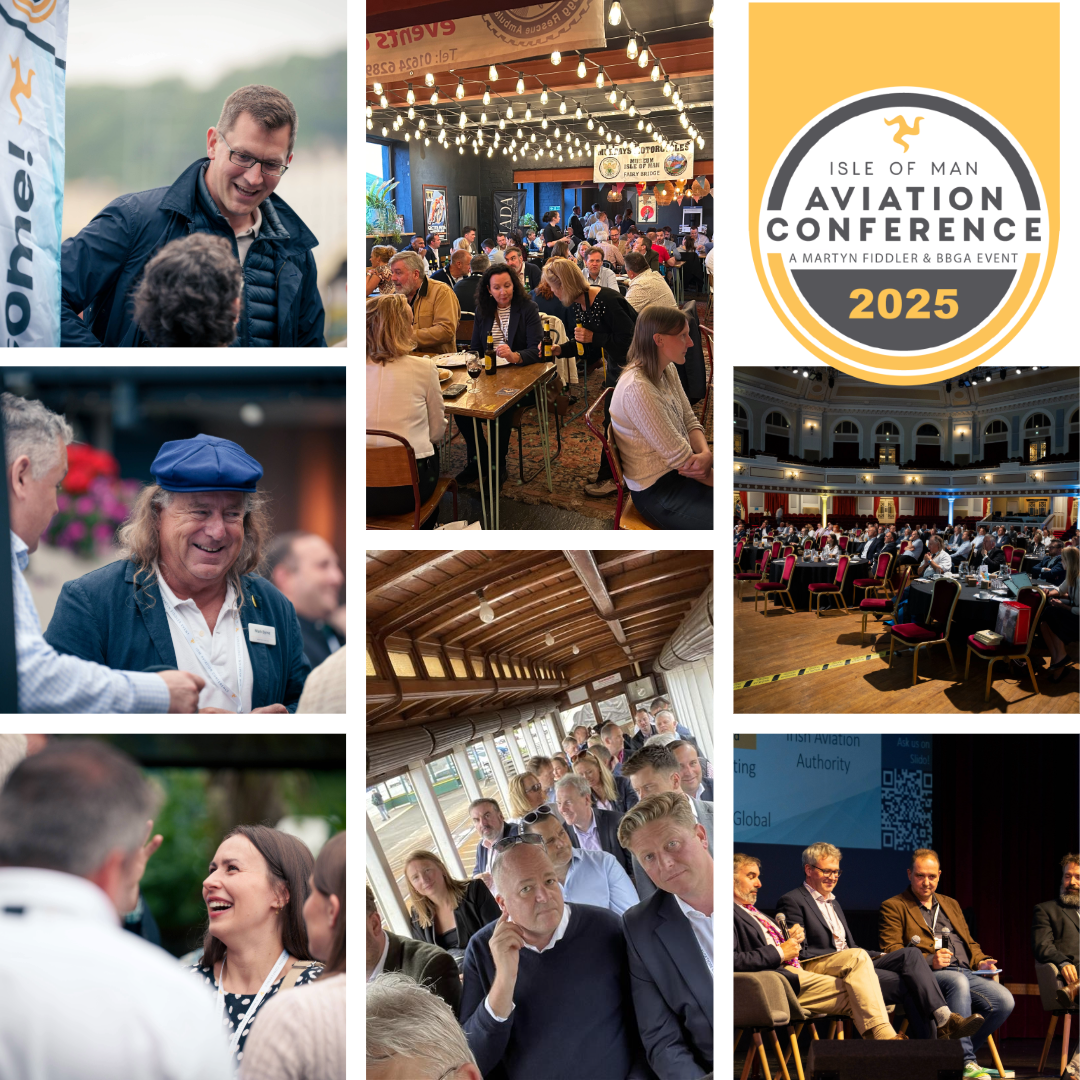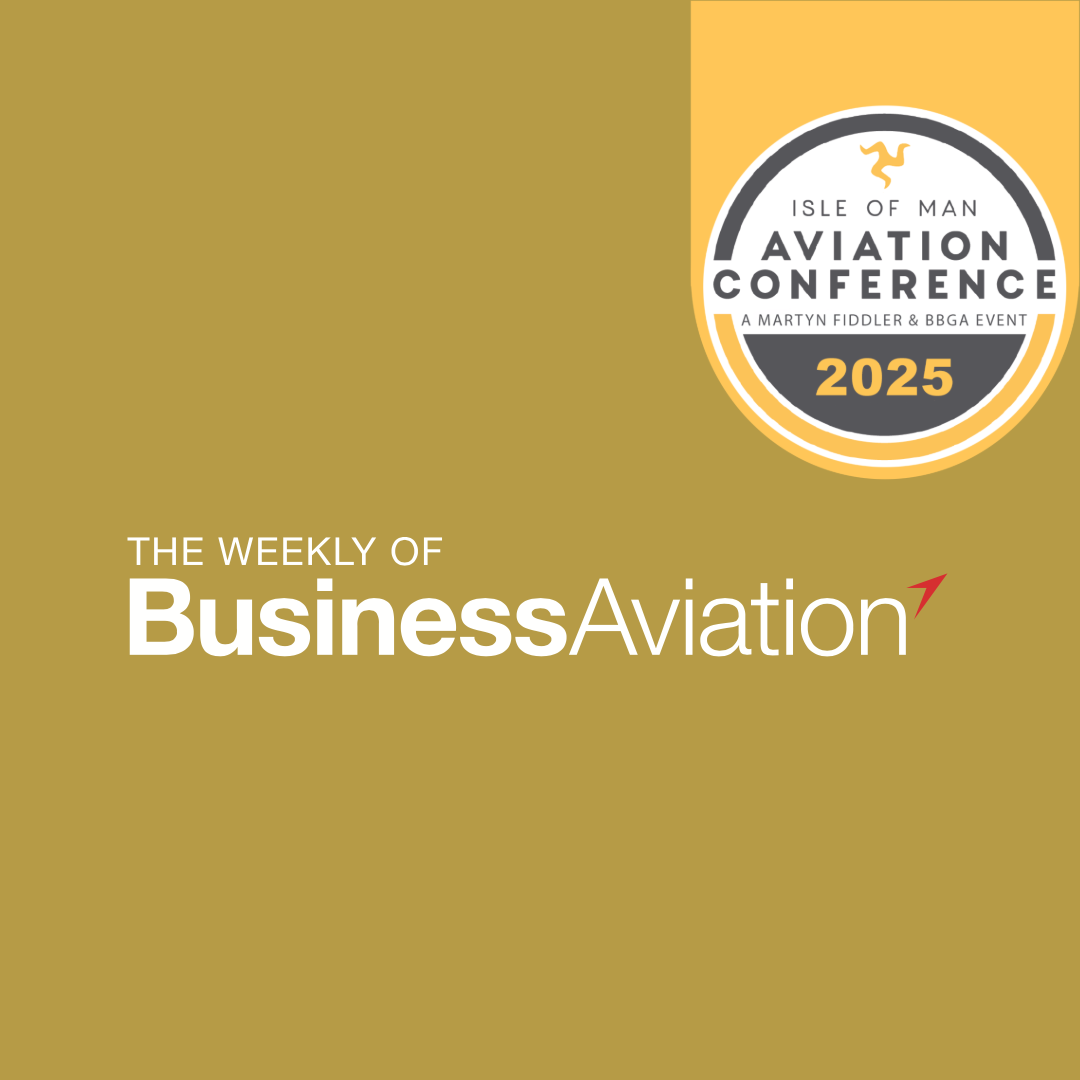In 2023, Martyn Fiddler broadcasted a short webinar series focusing on the war for talent which highlighted the increasingly competitive landscape business aviation found itself in and its ongoing struggle to retain talented employees. Fast forward almost two years; has anything actually changed?
Caeli Plumbley started a Marketing Internship at Martyn Fiddler in January 2025. Her internship runs in parallel with her pursuit of a degree at the University College of Man (in conjunction with the University of Chester).
Like many students, highlighted in the EBAA report published September 2023, Caeli fell into the category of those assuming that aviation careers were limited to engineers, pilots, and flight attendants.
Caeli told us when my college suggested the Martyn Fiddler internship, I was confused. I didn t know such pathways existed. However, through this opportunity, I have discovered a whole range of different roles which exist within Corporate Service Providers, and the wider Business Aviation industry. Had I been aware of such alternative avenues, and if I knew there were ways other ways to obtain a career without needing a degree, would I have enrolled in university at all? Perhaps not?!
Caeli s experience highlights the importance of the industry raising awareness and offering practical opportunities to students. The following is Caeli s guidance and recommendations to us.
The Non-Traditional Pathway
Many job adverts require a 2:1 degree and minimum of three years industry experience, therefore schools teach that we need a university degree to attain an acceptable job – but is this still relevant?
Businesses need to consider and invest in a shift towards vocational training and realistic requirements for graduates. Businesses should be open to non-traditional candidates. Some promising students may not choose to pursue a degree because it doesn t align with their interests, lifestyle or they wish to avoid the financial burden of hefty university loans/fees.
This doesn t mean they are any less intellectual or capable of fulfilling a potential role. Ultimately it falls down to the industry itself to promote this shift, by making it a priority to make high school students aware of alternative pathways into employment via apprenticeships and similar schemes. Schools can t promote opportunities they are not aware of!
Advantages of Alternative Routes
Employee retention: Investing in employee development shows commitment to workers success and career progression, reducing the risk of employees leaving.
Diverse talent pool: The misconception that not attending university equates to laziness or being less academic is outdated. Embracing alternative pathways removes barriers to entry and helps businesses discover talented applicants who might have previously been overlooked.
Improved employer brand: Supporting alternative education pathways makes companies appear more forward-thinking and inclusive.
Embracing Diverse Entry Points
Although some companies in the business aviation industry are now beginning to embrace non-traditional pathways, some industries have done this for decades.
The Big Four accounting firms typically offer full-time opportunities to high-school graduates and fixed-term contracts for university undergraduates during holidays.
Businesses recognising the value of offering diverse entry points into the workforce, can promote change by:
Broadening job requirements: Focus on necessary skills and experiences rather than high barriers like a 2:1 degree and three years of experience.
Promote hands-on experience: Provide continuous learning and development opportunities, starting from internships. Hire high-school graduates and support them through aviation-specific programmes. Organisations like the Air Charter Association and Argus International are doing a great job of offering training and accreditation opportunities in business aviation that do not require a degree.
Engage with schools: Participate in career fairs, visit schools to give speeches, or distribute leaflets to prompt conversations. Students need to hear ALL their options, not just the university route promoted by Sixth Form.
The relevance of the university route is increasingly under scrutiny. The business aviation industry, like others, needs to broaden its horizons and offer more accessible avenues into the workplace, not only for the benefit of supporting the young, but to ensure that business aviation is in safe hands for generations to come.
Caeli Plumbley started a Marketing Internship at Martyn Fiddler in January 2025. Her internship runs in parallel with her pursuit of a degree at the University College of Man. Caeli s experience highlights the importance of the industry raising awareness and offering practical opportunities to students.
The following is Caeli s guidance and recommendations to us.



